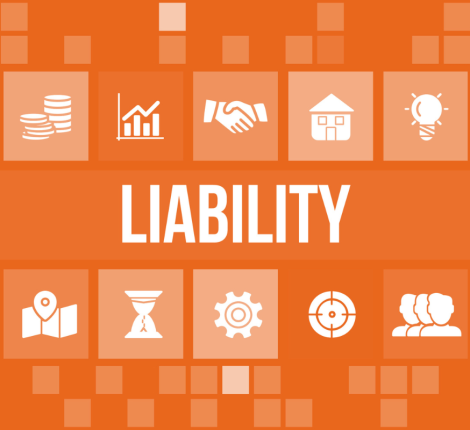LegaLogic – Corporate Laws Newsletter : Extension of timelines for the relaxations provided by the Ministry of Corporate Affairs in view of Covid-19 – December 2021
In view of the difficulties faced by corporate entities due to Covid-19 pandemic, the MCA had vide various circulars issued in the year 2020 and 2021 granted certain relaxations with regard to the manner of conduct of annual general meetings and extra ordinary general meetings including transaction of business through postal ballot during the period wherein travel and other restrictions due to Covid-19 pandemic were imposed. In continuation to the said relaxations granted by MCA, following are the additional relaxations and extension of timelines that the MCA has recently granted:
(a) Companies whose annual general meetings for the year 2021 are due will be permitted to conduct their annual general meetings on or before June 30, 2022, through video conferencing or other audio-visual means along with e-voting facility (for eligible entities) in accordance with the relaxations granted earlier and framework provided vide General Circular No. 20 dated May 5, 20201 ;
(b) Companies are permitted to conduct extra-ordinary general meetings through video conferencing or other audio-visual means or transact business by way of postal ballot till June 30, 2022, as per the mechanism and framework provided in the circulars issued by MCA in the past few months2 ;
(c) Companies intending to conduct annual general meetings in 2022 for the financial year ended or ending anytime before or on March 31, 2022, may conduct the same through video conferencing or other audio-visual means as per their respective due dates by June 30, 2022, in accordance with the relaxations granted earlier and as per the framework provided vide General Circular No. 20 dated May 5, 2020.
These circulars further clarify that these relaxations should not be construed as conferring any extension of time for holding annual general meetings by the companies under the Companies Act, 2013 and the companies which have not adhered to the relevant timelines are liable to legal action under the appropriate provisions of the Companies Act, 2013. The specific extension of these relaxations up to June 30, 2022, would benefit companies that intend to use the video conferencing and other audio-visual means for conducting their general meetings in the upcoming months with reduced operational difficulties.
Amendments in the SEBI (Alternative Investment Fund) Regulations, 2012 (“AIF Regulations”)
The Securities Exchange Board of India (“SEBI”), through its notification issued on November 9 th, 2021 (“Notification”) has allowed category III Alternative Investment Funds (“AIF(s)”), including large value funds for accredited investors of category III AIFs, to calculate the concentration norm based on net asset value (“NAV”) of the fund for investment in listed equity of an investee company. Pursuant to the Notification, SEBI has also facilitated coinvestment through the portfolio management route. The major amendments to the SEBI (Alternative Investment Fund) Regulations, 2012 (“AIF Regulations”) are as under:
1. Definition of “Co-investment”: “Co-investment” means investment made by a manager or Sponsor or investor of Category I and II Alternative Investment Fund(s) in investee companies where such Category I or Category II Alternative Investment Fund(s) make investment provided that Co-investment by investors of Alternative Investment Fund can be through a Co-investment Portfolio Manager as specified under the Securities and Exchange Board of India (Portfolio Managers) Regulations, 2020 (PMS Regulation).
2. The terms of Co-investment in an investee company by a Manager or Sponsor or coinvestor, cannot be more favourable than the terms of investment of the AIF: The terms of exit from the Co-investment in an investee company including the timing of exit can be identical to the terms applicable to that of exit of the AIF. This is applicable only for coinvestment made from the date of coming into force of this regulation.
3. Category III AIF cannot invest more than ten per cent of the net asset value in listed equity of an Investee Company and cannot invest more than ten per cent of the investable funds in securities other than listed equity of an Investee Company, directly or through investment in units of other Alternative Investment Funds. Earlier the limit was ten percent of the investable funds both for listed and unlisted securities of investee company.
4. Large value funds for accredited investors of Category III AIF may invest up to twenty per cent of the net asset value in listed equity of an Investee Company and may invest up to twenty per cent of the investable funds in securities other than listed equity of an Investee Company, directly or through investment in units of other Alternative Investment Funds. Earlier, the limit was twenty percent of the investable funds both for listed and unlisted securities of investee company.
5. The manager cannot provide advisory services to any investor other than the clients of Coinvestment Portfolio Manager as specified in the PMS Regulation, for investment in securities of investee companies where the AIF managed by it makes investment. The amendments are effective from December 8, 2021.




